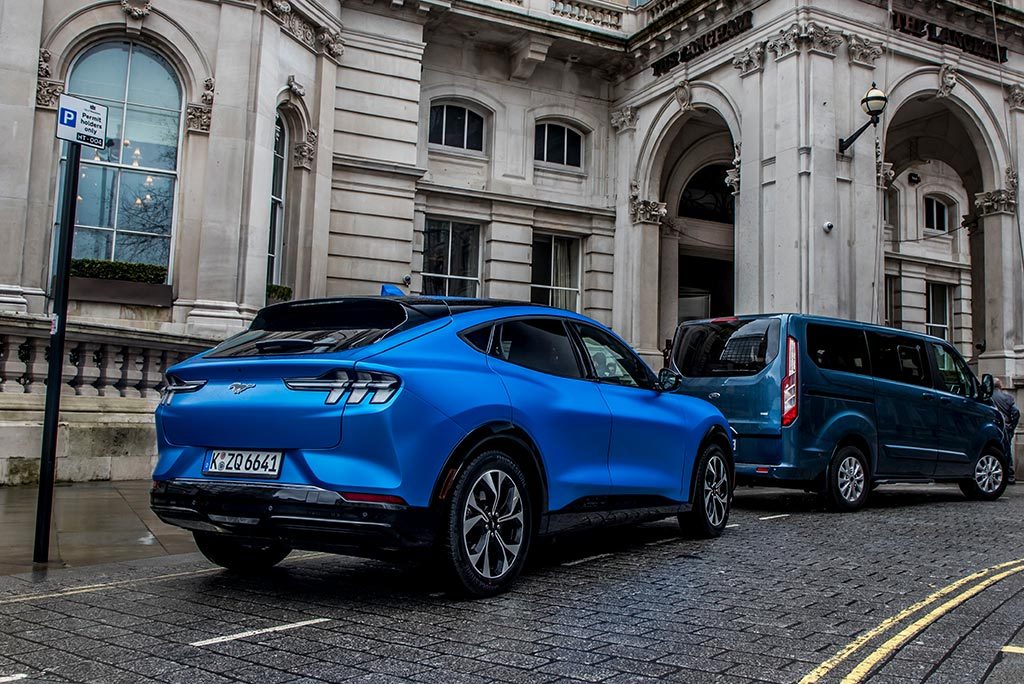Fears over where to charge an electric vehicle (EV) remain a significant barrier for uptake as nearly half of consumers don’t intend to make the switch.
A new survey conducted by Ford, has found that 21% of consumers surveyed don’t intend to buy an EV in the next five years and 46% don’t intend to buy an EV in the future at all.
The main reasons cited for this were range anxiety (37%), lack of affordability (53%) and concerns over where to charge (51%).
As a result, Ford has said that a range of stakeholders including national and local government, energy providers and vehicle manufacturers need to come together with a unified goal of meeting the UK’s electrificiation process.
It suggested that the creation of a specific senior role in government to help coordinate a comprehensive electrification strategy for the UK would be a good start. This Minister for Electrification would work cross-functionally across government and with the various stakeholders.
Other findings of the survey include that consumers often don’t have enough information to make the switch, with 43% stating they don’t know enough to consider the purchase and three quarters saying they aren’t confident in the difference between battery EVs and hybrids, highlighting a need for greater consumer education.
Andy Barratt, managing director at Ford of Britain, said: “While the move to electrification is gathering pace, there’s no mistaking that this is a huge task ahead of us that will require fundamental efforts to ensure consumers are taken on the journey, and the first step is understanding what their options are”.
In a bid to improve consumer understanding, Ford has launched a consumer education roadshow, dubbed Go Electric, which Barratt hopes will help “demystify electrified vehicle options”.
Dr Nina Skorupska CBE FEI, chief executive of the REA said in response to the survey that: “Seamless access to charging networks is a crucial topic for individual drivers, fleets, regulators, manufacturers, property owners, and charge point operators. Interoperability (also known as e-roaming) across public charging networks in the UK is one way of helping reach our countries commitments to reducing carbon emissions.”






